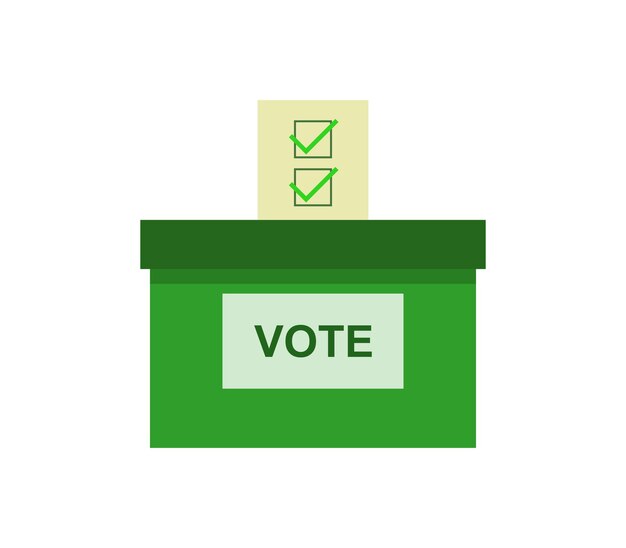
Election litigations are a critical component of the democratic process in Nigeria, providing a legal avenue to address grievances and disputes arising from electoral activities. While these litigations are essential for upholding electoral integrity, they come with their own set of challenges. This blog post explores the landscape of election litigations in Nigeria, examining the inherent challenges and discussing potential resolutions to these issues.
The Role of Election Litigations
Election litigations serve as a check and balance in the electoral process, ensuring that irregularities, malpractices, and violations of electoral laws are appropriately addressed. They offer aggrieved parties a legal pathway to seek redress, thereby upholding the principles of justice and fairness in the electoral system.
Challenges in Election Litigations
- Complex Legal Processes: Navigating the legal system can be complex and daunting, often requiring specialized legal expertise.
- Timeliness: The need for timely resolution of election disputes is crucial to maintaining political stability. Delays in the adjudication process can lead to prolonged uncertainty and tension.
- Accessibility and Fairness: Ensuring that all parties have equal access to legal recourse and that the process is fair and unbiased remains a significant challenge.
- Public Confidence: Maintaining public confidence in the impartiality and effectiveness of the judiciary in handling election disputes is essential.
Potential Resolutions
- Judicial Reforms: Implementing reforms to streamline and simplify the legal process for election litigations can make it more accessible and efficient.
- Specialized Election Tribunals: Establishing specialized tribunals or courts dedicated to handling election disputes can help expedite cases and ensure that they are handled by experts in electoral law.
- Transparency and Accountability: Enhancing transparency in the litigation process and holding judicial officers accountable can bolster public confidence in the system.
- Voter Education: Educating voters and political parties about the legal aspects of elections and the litigation process can lead to more informed and responsible participation in the electoral process.
The Importance of Preventive Measures
- Strengthening Electoral Processes: Strengthening the electoral process to prevent disputes from arising is as important as resolving them. This includes ensuring transparent and fair elections and effective regulation of political parties and candidates.
- Capacity Building: Building the capacity of electoral bodies, law enforcement agencies, and the judiciary to effectively manage elections and address disputes is crucial.
Election litigations are an indispensable part of Nigeria’s democratic process, providing a means to resolve electoral disputes and uphold electoral integrity. Addressing the challenges associated with these litigations requires a multifaceted approach, including legal reforms, specialized tribunals, and preventive measures. By strengthening the legal framework and processes for election litigations, Nigeria can ensure that its electoral system remains fair, transparent, and accountable.
